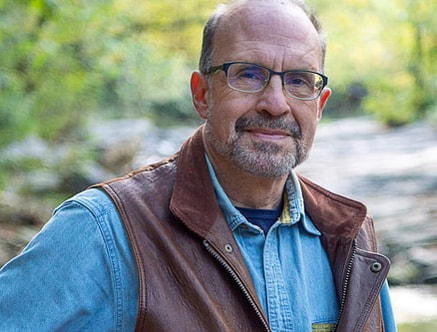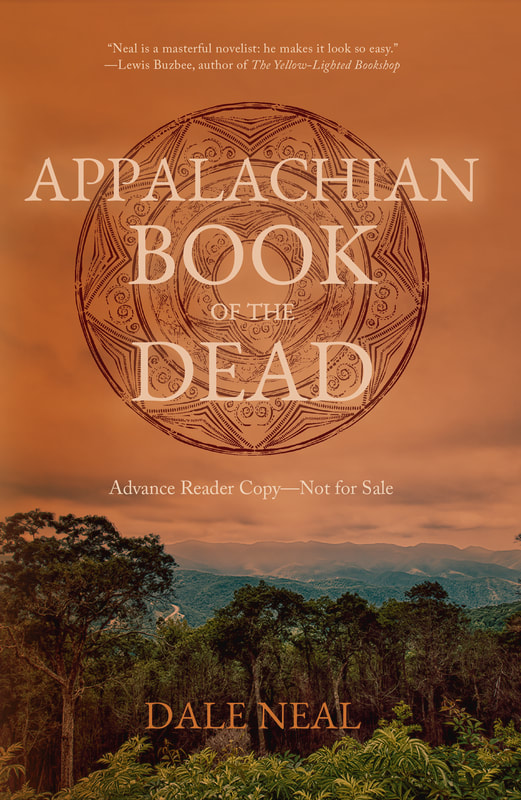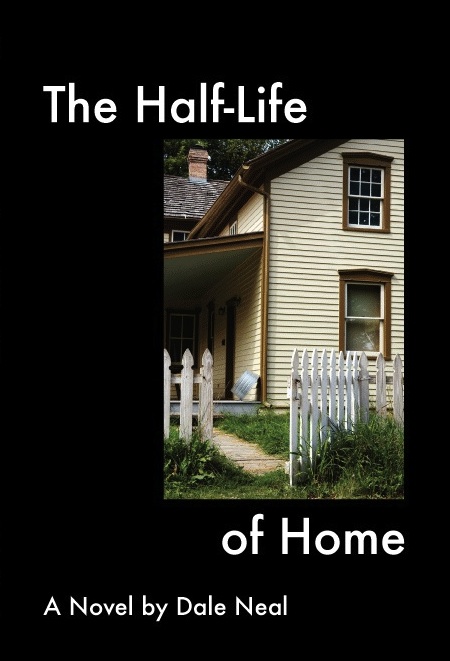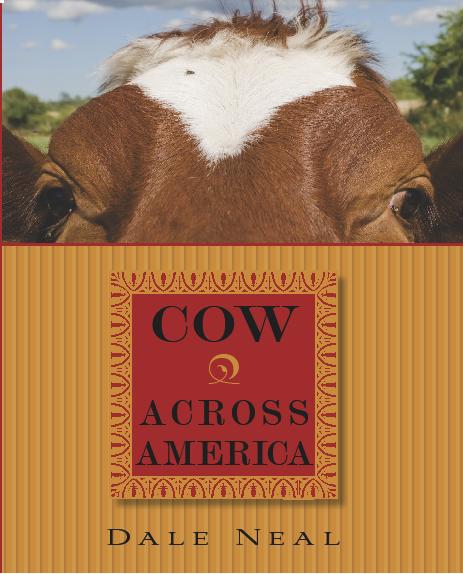 During these pandemic times, shut up in the house with too much time on my hands, in search of what we’ve lost now, I’ve found myself in the sway of Literature’s great timekeeper, Marcel Proust. Over the past year or so, even before the lockdowns and our uneasy economic re-openings, I’ve been delving into the seven volumes of A la recherche du temps perdu, or In Search of Lost Time. I’m in good company. I’ve always remembered the novelist and Civil War scholar Shelby Foote, who rewarded himself by rereading Proust after finishing up one of his own books. I’ve been dipping into favorite scenes, and yes, skipping over some of the more endlessly plodding passages on the mores of a lost world and society from a century ago. Proust can be ponderous, and reading him can sounds precious if not pretentious, an effort of the ego like climbing Mt. Everest. Look at me and what I’m reading. His madeleines of involuntary memory aside, Proust is not everyone’s cup of tea. I found him boring when I first tried tackling Swann’s Way. I found the volume shelved high in the high-windowed, oak-paneled library of R.J. Reynolds High School in my native Winston-Salem, eons and an ocean away from Proust’s Paris. Like so many bookish adolescents, I dreamed of becoming a writer. I knew that Proust and Joyce and Faulkner were all heavyweights I would have to contend with, but I simply couldn’t get into the Narrator’s struggle as a young boy to go to sleep. Not much in the way of plot. I was getting sleepy myself in those rambling sentences. I closed the book and wouldn’t attempt Proust again for another 25 years. You have to be older perhaps to appreciate Proust’s deft handling of time, particularly how we age past our previous selves. Proust, I’ve discovered, provides a way, a path to reclaiming your previous lives, to rediscovering previous versions of yourself. In his way, Proust is literature’s great ophthalmologist, concerned with the fleeting inner visions, the sudden insights, helping us to see ourselves and our worlds more clearly. Proust polishes up for us a new pair of spectacles. We slip them on and the details of our world comes into brilliant, searing, beautiful focus. “In reality, every reader is, while he is reading, the reader of his own self. The writer’s work is merely a kind of optical instrument which he offers to the reader to enable him to discern what, without this book, he would never have perceived in himself. … He must leave the reader all possibly liberty, saying to him: ‘Look for yourself and try whether you see better with this lens or that one or this other one.’” Reading Proust reminds us of our previous reading selves, the experience of reading itself. I was in my 40s. Proust’s words make me pause. I find myself staring out the window after a page or so of his sinuous sentences, how he works his way into seeing. I see myself looking out the window. Lost in thought, I wasn’t paying attention to our puppy hound dog who ate the corner of one of my wife’s keepsakes, a needlework pillow showing a curly-haired girl in a white dress, something you would find in the parlor of Odette as Swann’s wife. My wife was furious with me, and exacted her revenge. Later she took one of my volumes of Proust from the shelf, ripped out a random page, then reshelved the book. I would discover the damage in another rereading. In all the pages of Proust, not a lot of things actually happen plot-wise. My angered spouse had by chance taken out the page where the Narrator’s grandmother actually dies. That scene now etched in my own life, that lacuna, that lost memory. Proust captures how we stumble into insight, transported into a whole life by the taste of a cookie we used to savor as a child, or the smell of hawthorn blossoms, the perfume of young romance, the instant how we fall in love with an idea, the glimpse of our own Helen of troy, the world’s most beautiful woman, disguised as a simple peasant girl with milk buckets beside a train. I went to Paris, with Proust in mind. Toured the Champs Elysee, seeing in my mind’s eye where Marcel chased after his first love Gilberte. In the Musee Carnavalet in Paris, I paused by the writer’s bed with its rich blue satiny spread and a nightstand with one of the notebooks, the same furniture where he had lay as an invalid in the cork-lined room, continually adding to his masterpiece with his pen, scrap of paper after paper, elaborating, weaving a richer tapestry like the Arabian Nights he was so fond of. Here was where the magic was made in rumpled bedsheets. I could almost see the languid form of the man himself, the impression on the mattress and sheets. We ate Monte Blanc at Angelina on Rue Rivoli whipped hazelnut confection, at the same tea room, frequented by Proust. The taste of the rich chocolaty dreamlike. Inimitable. We came back the next day and ordered it again. And of course, we made our way to the cemetery at Pere Lachaise, that city of the famous dead where Colette, Gertrude Stein, Alice Toklas, Oscar Wilde, Jim Morrison and my hero, Proust, rest for all eternity. I ran my finger into his engraved name on the reflective granite slab that shows my dim face. Time does not move in straight progressive lines we like to think, but in strange circles. In Time Regained, I started reading faster, coming at last to the end, the final pages in which Proust had been preparing us for more than 1,000 pages. The taste of the madeleine cookie, the sight of the steeples in Martinsville, the uneven cobble stones in the drive that remind him of Venice, the starchy touch of the linen napkin to his lips. Finally, the bell that still sounds at the garden gate of his childhood as Swann finally left that long-ago evening Marcel kept waiting for his mother to come kiss him. He sees his life as a series of jewels that he can recapture as a writer. Art is life rescued from Time. Marcel who has spent volumes in search of his vocation, wanting to be a writer, but doubtful of his talents, finally gives himself permission to become the Narrator of his own life, writing the book we’ve been reading all along. It is a writer’s story after all, a book that would shape writers to follow, that impulse to turn life into art. “And I go home having lost her love. And write this book.” Jack Kerouac would write a few decades the final lines of The Subterraneans, one of my all-time favorite endings. Old Jack tips his hipster hat to the French genius with more than a little American swagger. “My work comprises one vast book like Proust’s Remembrance of Things Past,” Kerouac admitted, “except that my remembrances are written on the run instead of afterwards in a sick bed.” Proust is more of a grown-up in the end than Kerouac, both of whom died early deaths but left behind their books. Kerouac still appeals to my inner adolescent, but Proust makes me appreciate aging, that country that the young can never really imagine. Time Regained takes on a bittersweet yet somehow comic tone showing how time robs us of ourselves. In the final pages of the book, the Narrator has returned to Paris after years away in a sanitarium and after the terrible war. He’s back in the swing with a party at the mansion of the Prince Guermantes, the family he had always envied for their social status, their storied name. But everything has changed, the social pecking order has been upended. And everyone the Narrator meets at the party seems weirdly disguised by the terrible effects of Time. Here is the sad, hard truth, we are changing by the moment ourselves, losing our lives each moment to faulty memories. “At every moment of our lives we are surrounded by things and people which once were endowed with a rich emotional signification that they no longer possess. But let us cease to make use of them in an unconscious way, let us try to recall what they once were in our eyes.” In this pandemic, what’s been unavoidable is a lingering grief, a deep sorrow at the world we have lost, the care-free ways of going to restaurants, and concerts and museums, being in crowded sidewalks and subways, the press of human flesh about us. These things may return in time, but the way we experienced our lives only a few short months ago is now lost. Like Proust, I am composing and recapturing the moments of my life, writing myself as I read the passing chapters. The vague dreamlike moments take on solidity like statues, that glimpse of the Winged Victory of Samothrace down the long hall of the Louvre. That frozen moment you see the largeness of life, even as Time flies away. What remains. What lasts. What is never lost. I close the pages of the thick volume and stare out the window at the spring, at the empty streets, at the fleeting times.
8 Comments
|
Dale NealNovelist, journalist, aficionado of all things Appalachian. Archives
April 2023
Categories
All
|
|
© Dale Neal 2012. All rights reserved.
|
Asheville NC Contact
|




 RSS Feed
RSS Feed